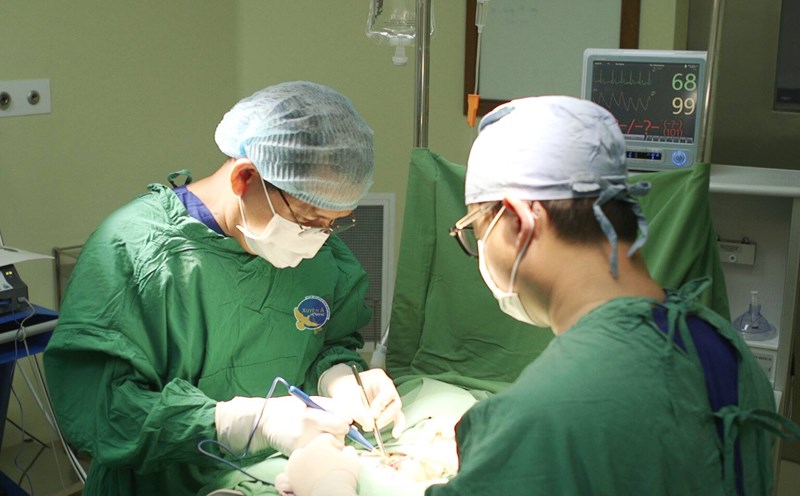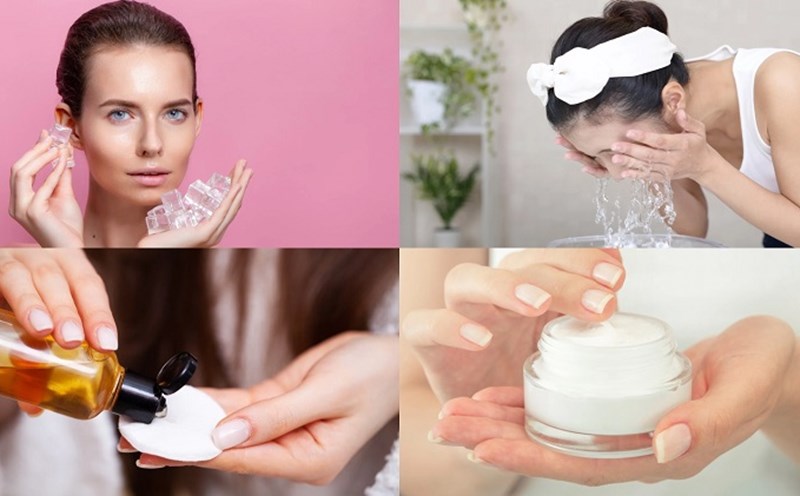Potential risks from daily cosmetics
makeup has long been an indispensable part of the lives of many women. However, medical research shows that makeup products can contain harmful ingredients if used incorrectly or for a long time.
First, pollution of heavy metals such as lead, mercury, asen and cadmium in cosmetics can build up in the blood, affecting the kidneys, nervous system and increasing the risk of cancer.
Second, cosmetic acne is a form of contact acne caused by topical creams, cheek pills or hair and skin care products. Unlike hormonal acne, this type of acne often appears in small clusters and only improves when stopping the irritating product.
Third, allergic reactions to flavorings or preservatives in cosmetics can appear late or immediately, causing contact dermatitis, hives, itching or redness.
Fourth, infections and bacteria from unsanitary makeup items can lead to abscesses, cellulitis, and even eye damage such as sclerosis, pimples or conjunctivitis.
Long-term effects on health
Not only is it harmful to the eyes, wrong makeup also has long-term potential effects.
Experts point out that many cosmetics contain compounds that can cause cancer, such as paraben, silica or formaldehyde-freezing substances. These are preservatives but have been linked to cancer with prolonged exposure.
In addition, hormonal disorders are another risk. Chemicals such as triclosan, phthalate or paraben can change hormone levels, cause premature labor, menstrual disorders, reduce fertility and unfavorable pregnancy outcomes.
In particular, scientists are concerned about the presence of "permanent chemicals" (PFAS) in some beauty products. This is a group of artificial compounds that are very difficult to break down, can exist for thousands of years and accumulate in the body. PFAS is linked to thyroid disorders, cancer, liver disease and reproductive problems.
Dr Brendan Camp, a dermatologist at Weill Cornell Medicine (USA), warned: Consumers rarely think about hidden ingredients in cosmetics. But long-term exposure to these chemicals can cause serious health consequences, from endocrine disorders to cancer."
How to protect yourself
To limit risks, experts recommend that users:
Read the ingredients on the product label carefully.
Avoid overuse of makeup, especially when sleeping overnight.
Do daily browsing and applying makeup regularly.
Stop using allergenic or acne-causing products immediately.
Prioritize reputable brands with transparency in safety inspection.
makeup can help you feel more confident, but health safety is still a top priority. As Dr. Camp emphasizes: "Smart cosmetic choice is the best way to be both beautiful and healthy".










